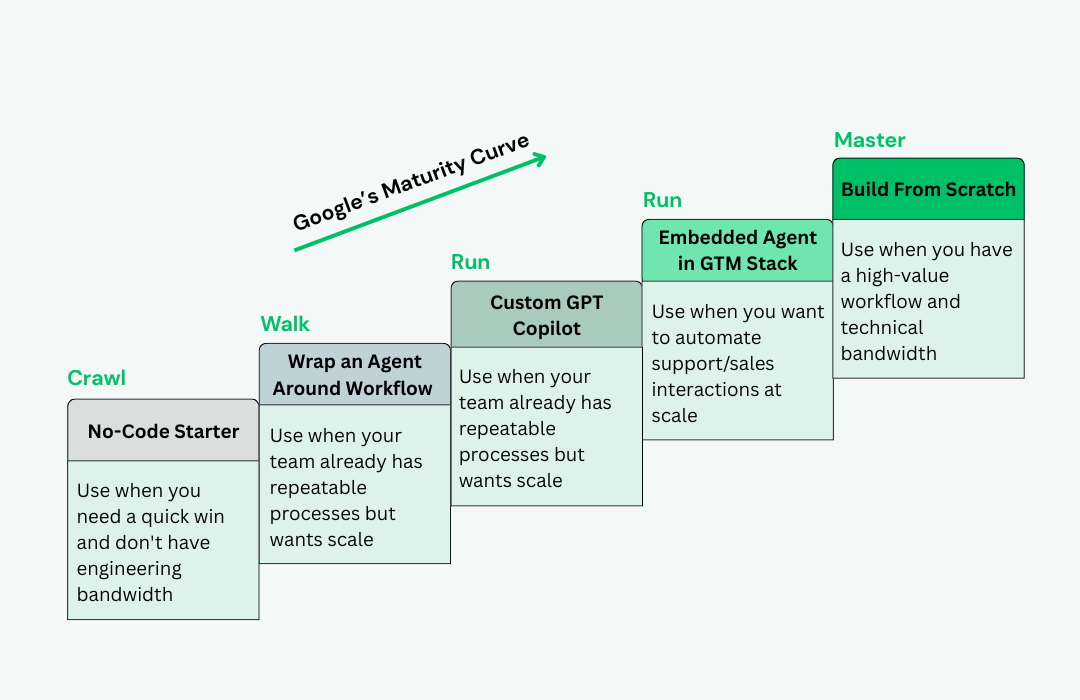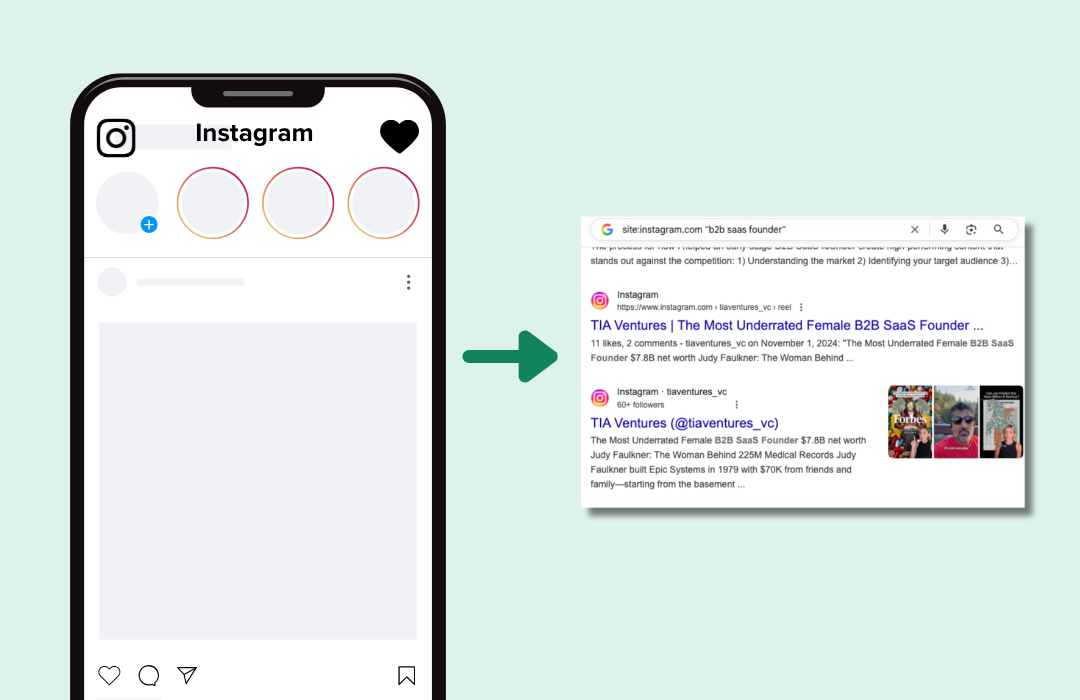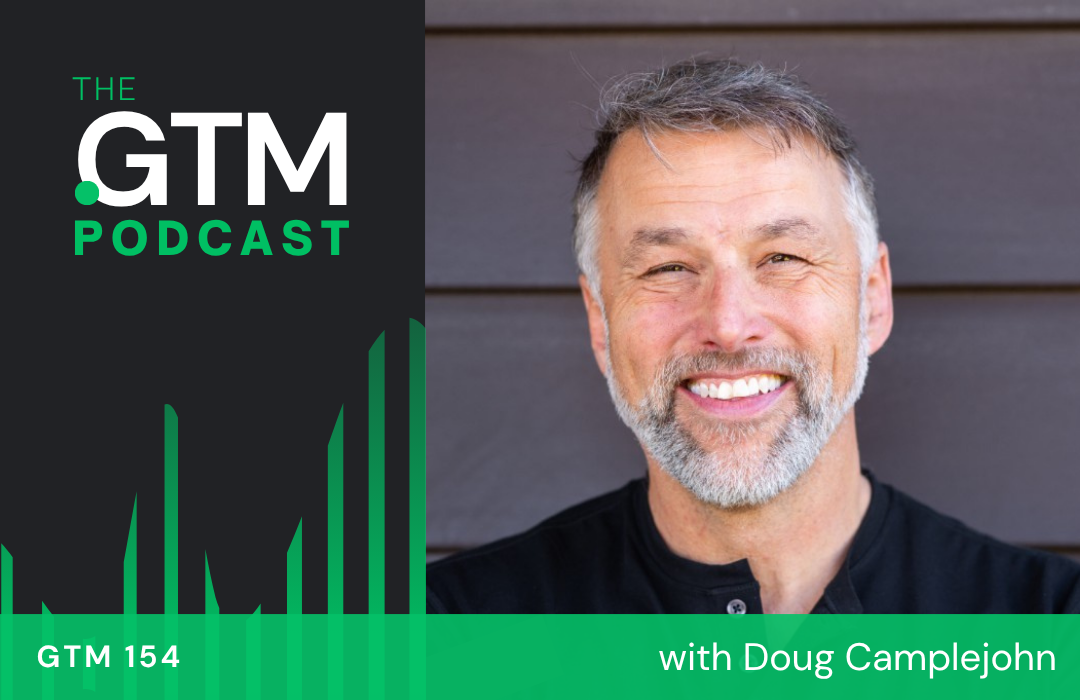In part 5 of my sales meeting series, we take a closer look at a framework designed to help you improve your closing sales statements. Check out part 4 here—Storytelling Success: Why Some Reps Are Dynamite and Some Aren’t
We all have heard the ABCs—Always Be Closing! Sure, it was always rousing in the famous Alec Baldwin’s speech in Glengarry Glen Ross, but what does that actually mean?
As a novice salesperson early in my career, I would hear the ABC statement from my manager and scratch my head thinking, “closing?” Closing what? The deal?!! My software was $100,000. Wasn’t that a bit off-putting or presumptuous of me to ask for the order after only spending 1 hour of time together? Read through our list of sales closing statements or phrases that will help you close more deals.
What Does Closing Really Mean?
Always Be Closing does not mean always be closing the order or the deal. There are products and times where it’s appropriate to ask for the order on the first call,, but, it would often be ridiculous in Enterprise software sales. What it really means is to always be closing on the next step in the sales process.
Which, by the way, is also a bit of an ambiguous statement. You probably get now that you need to be “closing,” but how do you actually do that?
Mapping out the sales process
First off, sales reps often do not have a clear understanding of what the sales process is and how you get someone to the point of saying yes to having a signed order in your hand. The first step is clearly mapping out and understanding what the sales process looks like. It often looks something like this:
- Initial Meeting
- Potential second meeting if prospect not fully galvanized
- Outcome: Commitment to formally evaluate and bring in additional stakeholders
- Technical Review
- Functional Review
- Business Review
- Outcome: Decision to purchase
- Contract Review (if applicable to product)
- Security Review (if applicable to product)
- Outcome: Signed Order
The 12 Most Effective Sales Closing Statements
Whenever you want to close a deal, it would be best to use any of the following sales closing statements. Closing phrases prove your commitment to helping the client solve a business problem they are experiencing.
1. “If we give you this product at this price, is there a reason that would push you away from working with us?”
This is one of the sales closing questions that employs reverse close techniques. It is a reverse in the essence that when a prospect responds by saying no, they indirectly agree to do business with you.
The closure sales trick here is to hook a prospect until they have no reason to pull out of a deal or look for a solution elsewhere.
A prospect who responds to this closure sales question with a yes gives you a platform to address the prospect’s objections.
2. “This is a more profitable approach that fits your budget, right? If yes, I’m more than glad to make follow up plans.”
With this question, you give the prospect a chance to either push the deal to the next quarter or adjust their budget. Your prospect may be inclined to agree to the offer, but they are running on a tight budget.
If you ask this question, you will reassure them that adjusting their budget to fit your offer will increase profits. Serious entrepreneurs don’t walk away from opportunities of realizing more profits, meaning they will make the necessary adjustments.
3. “If you make your purchase by the end of the day, I’m willing to give you both products at (insert your rate.)”
Prospects who consult other decision-makers before agreeing to a deal need an incentive. For this reason, if combining two products gives you a profit, craft your sales and pitch to sell the two products at a go.
Have an add-on offer that comprises two items that benefit the prospect. Before you make this offer, first make sure selling the two products for one or slightly higher prices does not bring you a loss.
4. “I’m looking forward to working with you.”
This sales closing statement shows that you anticipate a healthy business relationship. The sales closing phrase works better if you are closing a service deal.
If the sales representative is eager to begin a business relation, the prospect will feel wanted. They will consequently look forward to getting the service from you or your company.
You will close the deal smoothly if you use a friendly and conversational tone in delivering this sales closing phrase. Be sure to reassure the prospect that the two of you will make a great team and solve problems much easier.
5. “What are your thoughts on this?”
One of the sales closing questions you need to be prepared with is about the prospect’s thoughts. The question helps you determine how serious the prospect is. You will then know if they are ready to close the deal.
Whenever a prospect is pleased with an offer, they give positive feedback to this type of closing question. The thoughts they share are positive, which shows you are close to closing the deal.
If you get negative feedback, address it with an appropriate response. The response should persuade the prospect to reconsider your offer.
A negative response is not always a no to the deal. Approach it in a mindset of determining what holds the prospect back. Look for a solution to the specific drawback.
6. “What interests you about our product (or service)?”
With sales closing questions like this one, you stimulate the opening of a discussion. The closing sales tips that you need to employ here include digging for more information and analyzing the data you get.
Ask the prospect what features of the product they like. Also, ask about how those features will benefit the prospect. In most cases, prospects respond with the qualities they are looking for. Now discuss with them how your product or service will help meet their needs.
If you use closing questions of this nature often, you will understand what your target market wants. It will be easier for you to craft sales pitches that directly hit prospects’ pain points.
7. “As you have seen, this product offers you (give the most important benefit.) How does that sound?”
This closing question gives your prospect a chance to internalize the benefit they will get. It also reassures them that buying your product will solve the problem they are experiencing.
If your prospect is not satisfied, they will list additional details that they are looking for from the product or service. Emphasize the product’s features and their benefits as an expert. Help the prospect conclude by addressing the additional details they have given you.
8. “Our product seems to fit your needs. It will, without a doubt, solve this disturbing problem effortlessly.”
Ending with this sales closing statement shows you understand the prospect’s needs and are confident that the product is the appropriate solution.
This closing question ends the discussion of looking for a solution together with the client. You have just had a fruitful conversation and are now concluding by reassuring the prospect that they have made the correct call.
Make sure you phrase the sales closing statement in a positive context. Doing so results in your prospect considering all the positive aspects of buying from you.
9. “Why don’t you give our product a try?”
Whenever you are dealing with a prospect who is afraid of making commitments, frame your closing questions in a way that downplays risks involved in buying the product.
Use sales closing statements to trigger the prospect to try out the solution you are offering. You will not be pushing the client to commit but rather telling them that they should commit. The closing question is an indirect way of getting this job done.
In the long-run, you create a rapport as the prospect begins to have faith in you and the product. Reemphasize the benefits of the product or service that you want your prospect to try out.
10. “If we sign the contract now, you will achieve (state the benefit) as soon as possible.”
Ending a conversation with this sales closing phrase raises the urgency of closing the deal. Since most prospects want to reap the benefits of the product they buy soon, they will agree to close the deal as soon as they are convinced.
You have to convince the prospect that they are on the right path. Now create urgency by showing them that there is nothing else left other than enjoying the promised benefits.
Show your prospect that making the decision is profitable. There are results of closing the deal that the client will begin to get as soon as the contract is signed or the product is bought.
11. “What do you say we get you signed up right now?”
Sales closing questions like this one help you hasten the process of closing a deal in a natural flow. The prospect will not feel pressured, and if they agree to sign the contract, you are a step closer to making insane profits.
Be warned, however, that you should only use closing questions of this nature if you have discussed every necessary detail with the prospect. You don’t want them to agree to a deal then later begin giving them the product features.
12. “If there are no more concerns, we are ready to get started.”
With this sales closing statement, you don’t appear pushy. The advantage of using this sales closing phrase is that you hit two birds with one stone. You reassure a prospect and give a chance to raise more concerns.
If the prospect has additional questions, this statement directs them to ask and expect an immediate response. If there are no questions asked, utilize that opportunity to close the deal.
What Steps to Go Through When Closing a Sale
Now that we have a clear outline of the anatomy of our deal, we can use a framework I like to call S.A.R.B for structuring our meeting closing. S.A.R.B stands for:
- Summary: Summarize what you spoke about and how it solves their business and person need
- Ask: For feedback and what stood out to them.
- Recommend: A next step and who on their side should be involved and why their involvement is important at this stage.
- Book: The next meeting with the prospect on the phone.
Let’s have a look at what a meeting closing S.A.R.B script looks like.
How to Use This Framework [Script Below]
1) Summarize
So hopefully, that gives you a good high-level overview of the technology and how it would help get attribution data in your marketer’s hands. This way, they can make smarter decisions about their programs, and you can hit your 20% demand gen growth goal.
2) Ask for feedback
I would love to hear your feedback. What stood out to you?
3) Recommend next steps
From here, I would recommend that we set up a larger call with your colleagues. Given that the product’s value is being in the hands of the members of your team, it’s extremely powerful to get them just as excited as you are!
4) Book the next meeting
I realize that you will need to coordinate with folks on your end, but how does next Tuesday at 2:00 pm work? We can always make adjustments if needed.
The meeting closing S.A.R.B above is pretty standard for closing on a first call, but it’s an applicable structure for ALL follow-up calls as well.
I often see sales reps have good form on their first meeting and use these techniques well on that call. However, when it comes to the 2nd or 3rd or 4th call with the prospect, they often forget their form.
Modifying S.A.R.B for the End of Your Deal Cycle
Come up with your unique way of summarizing and asking for the prospect’s feedback as you close a deal. Be sure to recommend the next steps that you and the prospect will take together. Finally, make arrangements for the next meeting.
1) Summarize
So I am happy we were able to review the contract together and present the compelling discount of $20,000 annually to get into your economic zone.
2) Ask for feedback
I personally feel pretty excited about the economics of the deal, but I would love to get your feedback.
3) Recommend next steps
From here, I would recommend that we get the agreement over to your legal ASAP. The discount is in exchange for closing by the end of the month, and we have about one week to make that happen.
4) Book the next meeting
Given our tight timeline, are you free Friday at 1:00 pm to connect and ensure we are on track?
Easy, concise, powerful in practice! We can close on the next step in the process without seeming pushy but rather eager to help and make sure the customer gets the product they want with the discount they asked for!
I encourage you to give these techniques a try. In my experience, writing out your S.A.R.B ahead of your meeting makes things easier and allows you to have a clear plan on what your next step is and how to move the prospect forward.
From now on, instead of “Always be Closing,” you should always be S.A.R.B-ing!







